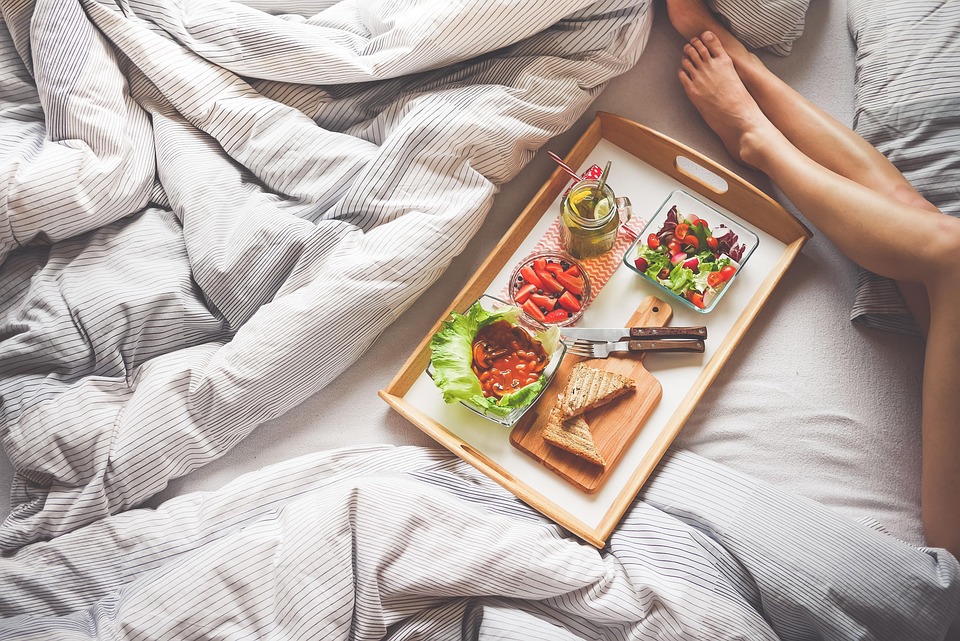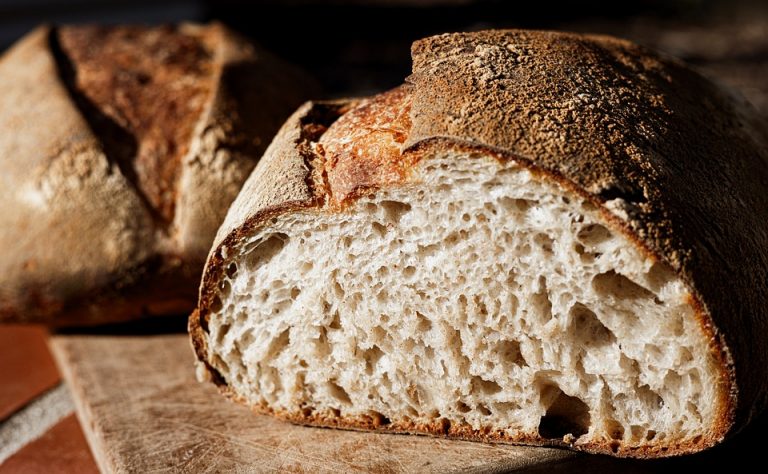Are you struggling to drift off at night? Foods to avoid before bed for better sleep quality might be the key to unlocking restful nights. Sleep is not just a luxury; it’s a necessity for your overall well-being. What you eat can make or break your slumber, so let’s dive into the seven foods that could be standing between you and a blissful night’s sleep.
Contents
- Understanding the Importance of Sleep
- Why Food Matters at Night
- 1. Caffeine: The Sleep Thief
- 2. Alcohol: The Double-Edged Sword
- 3. Spicy Foods: A Recipe for Discomfort
- 4. Heavy Meals: The Late-Night Burden
- 5. Sugary Snacks: The Energy Boost You Don’t Need
- 6. High-Protein Foods: The Late-Night Challenge
- 7. Acidic Foods: A Recipe for Heartburn
- Tips for Better Sleep Hygiene
- The Science Behind Sleep
- Bottom Line
- FAQs
Understanding the Importance of Sleep
Sleep is the body’s way of resetting. It’s when your mind sorts through the day’s information, and your body repairs itself. Quality sleep helps improve your mood, boosts your immune system, and enhances cognitive function. However, the road to better sleep can be fraught with obstacles, and one of them might just be your evening snacks.
Why Food Matters at Night
Your body processes food differently at night than it does during the day. Metabolism slows down, and your digestive system takes a backseat. Eating the wrong foods can lead to discomfort, indigestion, and even restless nights. Discovering what to avoid is as crucial as knowing what to embrace.
1. Caffeine: The Sleep Thief
Let’s start with the obvious: caffeine. Found in coffee, tea, chocolate, and some sodas, caffeine is a stimulant that can keep you wide awake long after your last sip.
- How it Affects You: Caffeine blocks adenosine, a chemical that promotes sleep. Even small amounts can interfere with your natural sleep cycle.
- What to Do Instead: Opt for herbal teas or decaf versions of your favorites in the evening.
2. Alcohol: The Double-Edged Sword
You might think a glass of wine before bed will help you unwind. But alcohol can disrupt your sleep cycle, leading to fragmented sleep.
- How it Affects You: While it may make you feel sleepy initially, alcohol actually reduces REM sleep, the restorative phase of sleep.
- What to Do Instead: Try a calming drink like chamomile tea or warm milk to help you relax.
3. Spicy Foods: A Recipe for Discomfort
Love a spicy dinner? You might want to rethink your late-night cravings. Spicy foods can cause heartburn and indigestion, making it hard to settle down.
- How it Affects You: Capsaicin raises your body temperature, leading to discomfort when you’re trying to cool down for sleep.
- What to Do Instead: Choose milder options and focus on soothing foods like oatmeal or bananas.
4. Heavy Meals: The Late-Night Burden
Indulging in a large meal before bed can leave you feeling sluggish and uncomfortable. Your body needs time to digest, and lying down makes that process harder.
- How it Affects You: Heavy, fatty foods can lead to acid reflux, keeping you tossing and turning.
- What to Do Instead: Aim for lighter meals that include lean proteins and vegetables.
5. Sugary Snacks: The Energy Boost You Don’t Need
Reaching for sugary snacks may give you a quick energy boost, but it’s not what your body needs at night.
- How it Affects You: Sugar can spike your blood sugar levels, leading to an energy crash that disrupts your sleep.
- What to Do Instead: If you must snack, choose nuts or yogurt, which provide slow-releasing energy.
6. High-Protein Foods: The Late-Night Challenge
Protein is essential, but consuming high-protein foods like steak or chicken can be hard on your digestive system right before bed.
- How it Affects You: Protein takes longer to digest, which can lead to discomfort and restlessness.
- What to Do Instead: Opt for lighter proteins like fish or legumes that are easier on your stomach.
7. Acidic Foods: A Recipe for Heartburn
Tomatoes, citrus fruits, and pickled items may be delicious, but they can wreak havoc on your stomach at night.
- How it Affects You: Acidic foods can lead to acid reflux, making it hard to sleep comfortably.
- What to Do Instead: Consider milder fruits like pears or apples, which are easier on your stomach.
Tips for Better Sleep Hygiene
Now that you know what to avoid, let’s talk about how to maximize your chances of a good night’s sleep.
- Create a Sleep Schedule: Go to bed and wake up at the same time every day, even on weekends.
- Limit Screen Time: The blue light from screens can interfere with melatonin production. Aim to turn off devices an hour before bed.
- Establish a Calming Routine: Read a book, meditate, or take a warm bath to signal to your body that it’s time to wind down.
The Science Behind Sleep
Research consistently shows that diet plays a crucial role in sleep quality. According to the Sleep Foundation, certain dietary habits can either promote or hinder sleep. Incorporating wholesome foods during the day while avoiding harmful options in the evening can lead to significant improvements in sleep quality.
For more insights, check out reputable sources like the National Sleep Foundation and the American Sleep Association.
Bottom Line
Foods to avoid before bed for better sleep quality are more than just suggestions; they are essential for your well-being. The choices you make in the evening can directly influence how well you sleep. By steering clear of caffeine, alcohol, spicy foods, heavy meals, sugary snacks, high-protein foods, and acidic items, you are setting the stage for a more restful night.
Are you ready to transform your sleep? Start making mindful choices tonight. Your body and mind will thank you.
FAQs
Q: How long before bed should I stop eating?
A: Aim to finish your last meal at least 2-3 hours before bedtime.
Q: What snacks are good for bedtime?
A: Consider light options like yogurt, nuts, or a banana to support sleep.
Q: Can I drink herbal tea before bed?
A: Absolutely! Herbal teas like chamomile or lavender can promote relaxation and sleep.
Take control of your nights, and enjoy the refreshing sleep you deserve!
Get Your FREE Natural Health Guide!
Subscribe now and receive our exclusive ebook packed with natural health tips, practical wellness advice, and easy lifestyle changes, delivered straight to your inbox.




